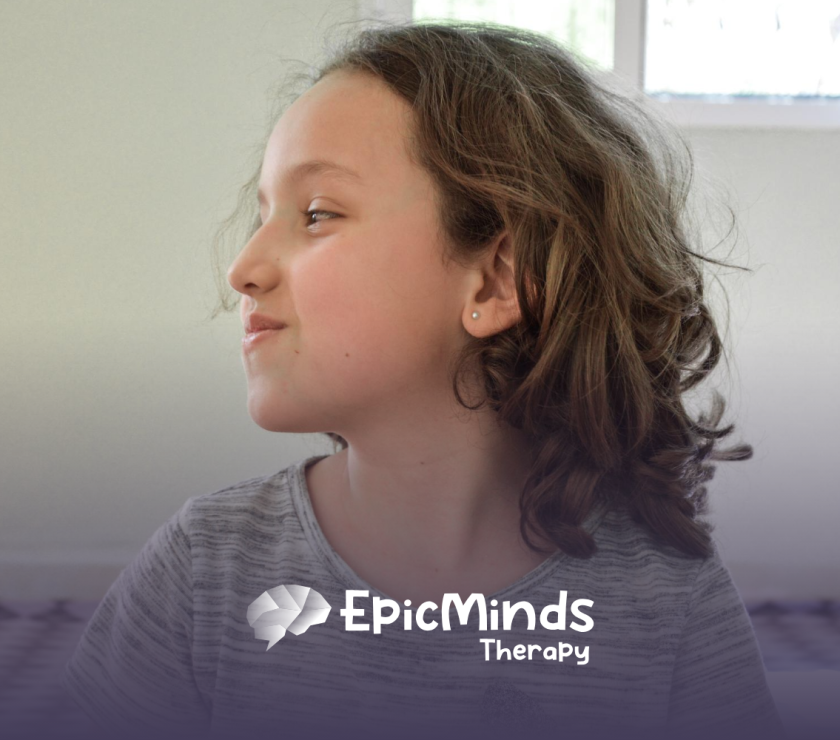Autism looks different for every child, but there are some common behaviors that many kids on the autism spectrum share. Recognizing these patterns can help parents and caregivers better understand and support their child’s needs.
Understanding Autism Behaviors
Autistic children may communicate, learn, or interact with the world in unique ways. These behaviors aren’t “bad”—they’re simply differences in how the brain processes information.
Common Autism Behaviors
- Repetitive movements: Hand-flapping, rocking, or spinning objects.
- Strict routines: A strong need for predictability and discomfort with sudden changes.
- Focused interests: Intense fascination with specific topics, toys, or activities.
- Sensory differences: Sensitivity to lights, sounds, textures, or smells.
- Social challenges: Difficulty making eye contact, joining group play, or reading social cues.
- Communication differences: Delayed speech, using fewer words, or preferring nonverbal communication.
Why Recognizing Behaviors Matters
Understanding these behaviors helps families respond with patience instead of frustration. By learning the “why” behind the behavior, parents can create an environment that feels safer and more supportive for their child.
If you’re in North Carolina and looking for guidance, Epic Minds Therapy offers personalized support through in-home ABA therapy and school-based ABA therapy.
Both services are designed to meet children where they are—at home or in school—helping them build skills while giving families practical tools to succeed.
FAQs
1. Do all autistic children show the same behaviors?
No, autism is a spectrum, so each child may show different strengths and challenges.
2. Are repetitive behaviors harmful?
Not usually. They often help autistic children self-soothe or manage stress.
3. Can therapy help reduce challenging behaviors?
Yes, therapy can teach strategies to manage behaviors and encourage positive skills.
Sources:
- https://www.psychiatry.org/news-room/apa-blogs/understand-stimming-repetitive-behaviors-purpose
- https://www.hhs.texas.gov/services/disability/autism/autism-training-opportunities/autism-spectrum-disorders-training-program-first-responders/module-4-common-behavior-characteristics-individuals-autism-spectrum-disorder-asd
- https://www.autismspeaks.org/autism-symptoms
- https://my.clevelandclinic.org/health/articles/autism
- https://autism.org/challenging-behaviors-and-autism/





